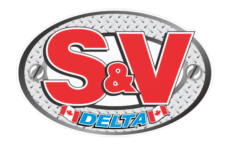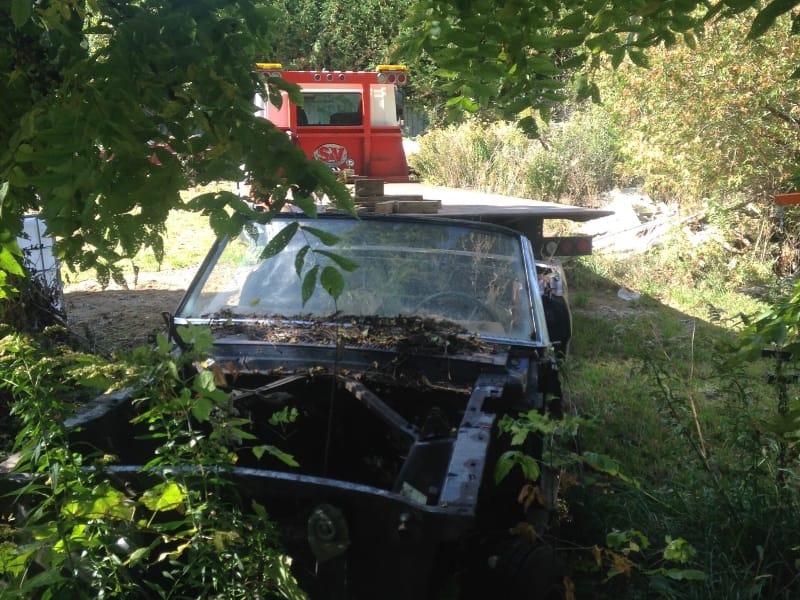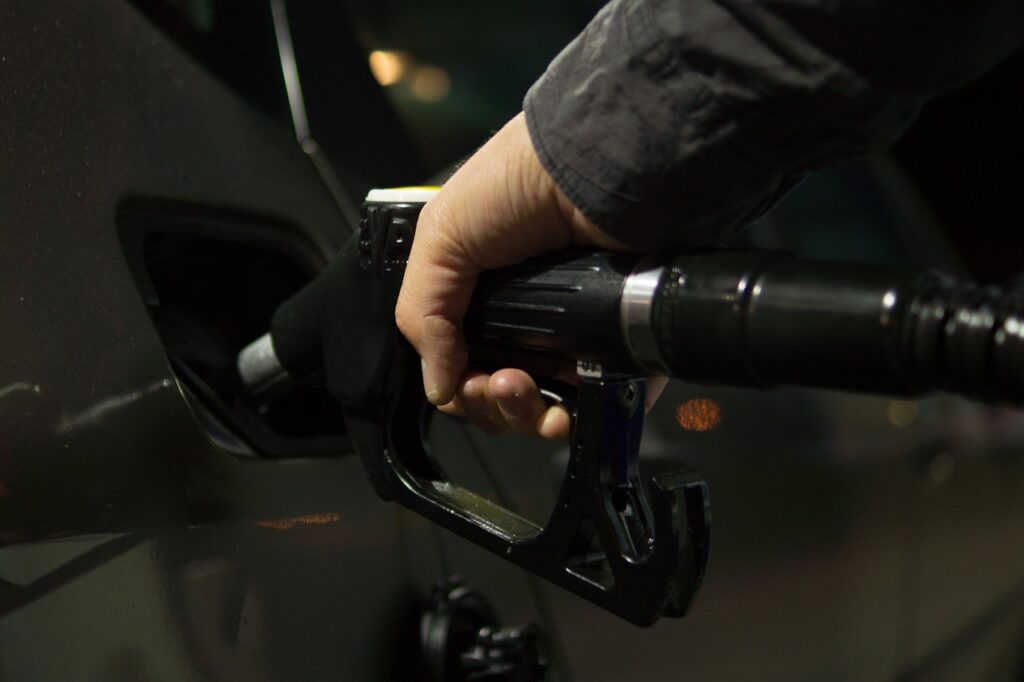Stuck in a Tight Spot
When you hear “recovery,” it’s easy to assume it’s just fancy towing. But Cambridge heavy recovery goes way beyond a simple tow—it’s about pulling vehicles out of tricky, sometimes dangerous situations. Whether a truck tips over on the highway or a car gets stuck off-road, recovery calls for smart strategies and serious expertise. Let’s dive into what makes recovery different, how light and heavy-duty jobs compare, and some real-life situations where recovery is the only way out.
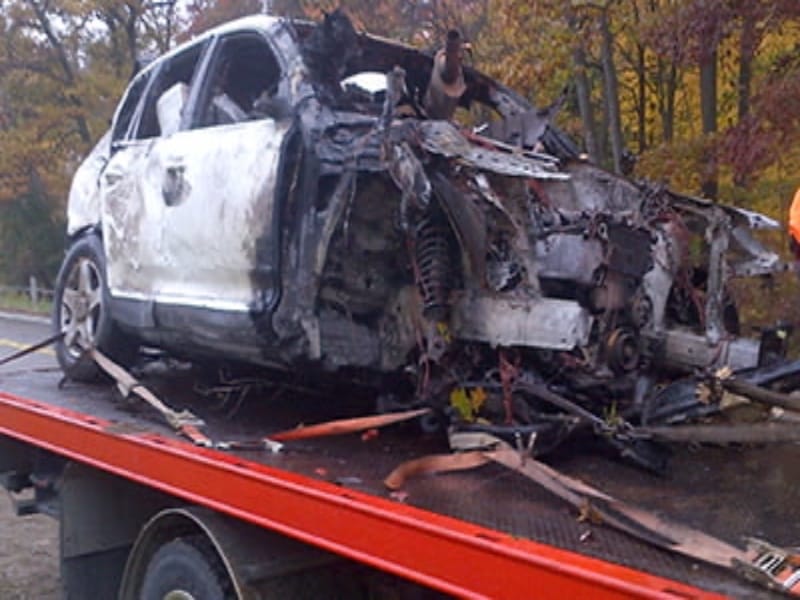
The Difference Between Recovery and Towing
Towing simply involves transporting a vehicle from one location to another. Think of it as moving a broken-down car from the side of the road to the nearest repair shop. Recovery, on the other hand, is about removing a vehicle that’s trapped or in a risky position. If a vehicle is stuck in mud, overturned, or involved in an accident blocking traffic, that’s a case for recovery.
Where towing might use a flatbed or wheel lift, recovery calls for cranes, winches, or rotators. It’s not just about moving a vehicle; it’s about getting it out without causing further damage to the vehicle, its cargo, and the environment.
Types of Recovery
Light-Duty Recovery
- Light-duty recovery involves smaller vehicles like sedans, SUVs, or motorcycles. It usually focuses on everyday situations such as:
- Vehicles stuck in mud or sand
- Cars involved in minor accidents
- Extraction from tight spaces like ditches
Light-duty recovery uses tow trucks equipped with smaller winches and tools suited for vehicles under 10,000 lbs. While it can involve complicated scenarios, the process is faster and less intensive than heavy-duty recovery.
Heavy-Duty Recovery
Cambridge heavy recovery covers larger vehicles like semi-trucks, buses, or heavy construction equipment. These recoveries demand stronger equipment and a deeper understanding of vehicle physics. Recovery teams may deploy rotator tow trucks or multi-ton cranes to lift overturned trucks or extract vehicles from steep slopes.
These jobs are much more complex. Beyond just moving the vehicle, heavy recovery often involves stabilizing loads, controlling traffic, and assessing risks to avoid additional damage.
Scenarios That Call for Recovery
Accident Recoveries
After a major accident involving trucks or buses, quick recovery is essential to clear the road and prevent further traffic disruption. Heavy recovery crews handle these situations, using cranes or winches to lift wrecked vehicles without blocking other lanes for too long.
Off-Road Recoveries
Off-road adventures can sometimes end with vehicles stranded in hard-to-reach places. Recovery services pull vehicles out of mud, sand, or ravines. We’re talking about heavy-duty recovery, if a larger vehicle, like an RV or truck, gets stuck on rough terrain.
Equipment Transport or Emergency Removal
Sometimes recovery is necessary when construction equipment breaks down on-site or needs to be repositioned quickly. Heavy-duty recovery ensures these machines are moved safely, even if they aren’t meant to travel on public roads. Cambridge heavy recovery experts can secure oversized equipment without risking damage or delays.
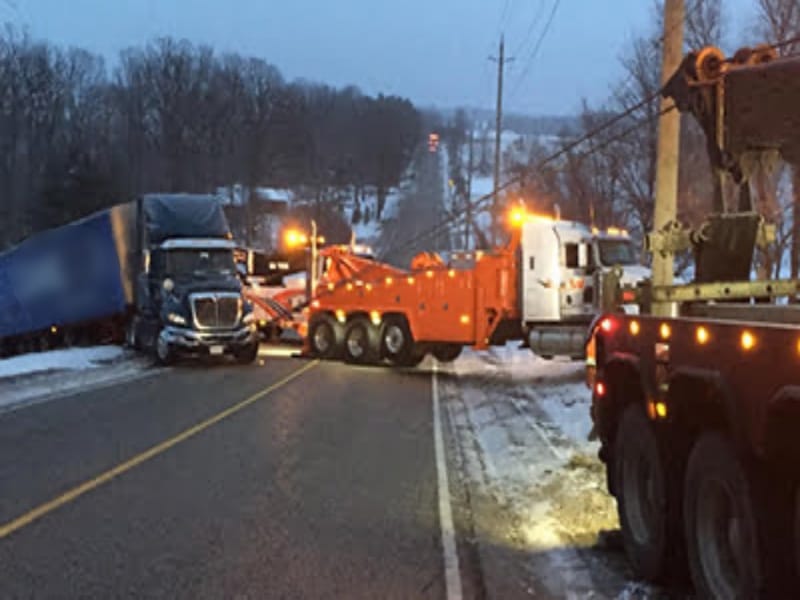
Why S&V Delta: Your Cambridge heavy recovery experts
At S&V Delta Towing & Recovery, we understand that every recovery job presents unique challenges. Our experienced team handles both light and Cambridge heavy recovery with precision. Whether it’s a small car trapped in a ditch, or a semi-truck overturned on the highway, we bring the right tools and expertise to get the job done efficiently.
When Cambridge heavy recovery is needed, it’s about thinking on the spot, working safely, and using the right equipment. At S&V Delta Towing & Recovery, we’re committed to providing reliable, fast, and professional Cambridge heavy recovery whenever and wherever you need us.
